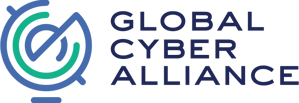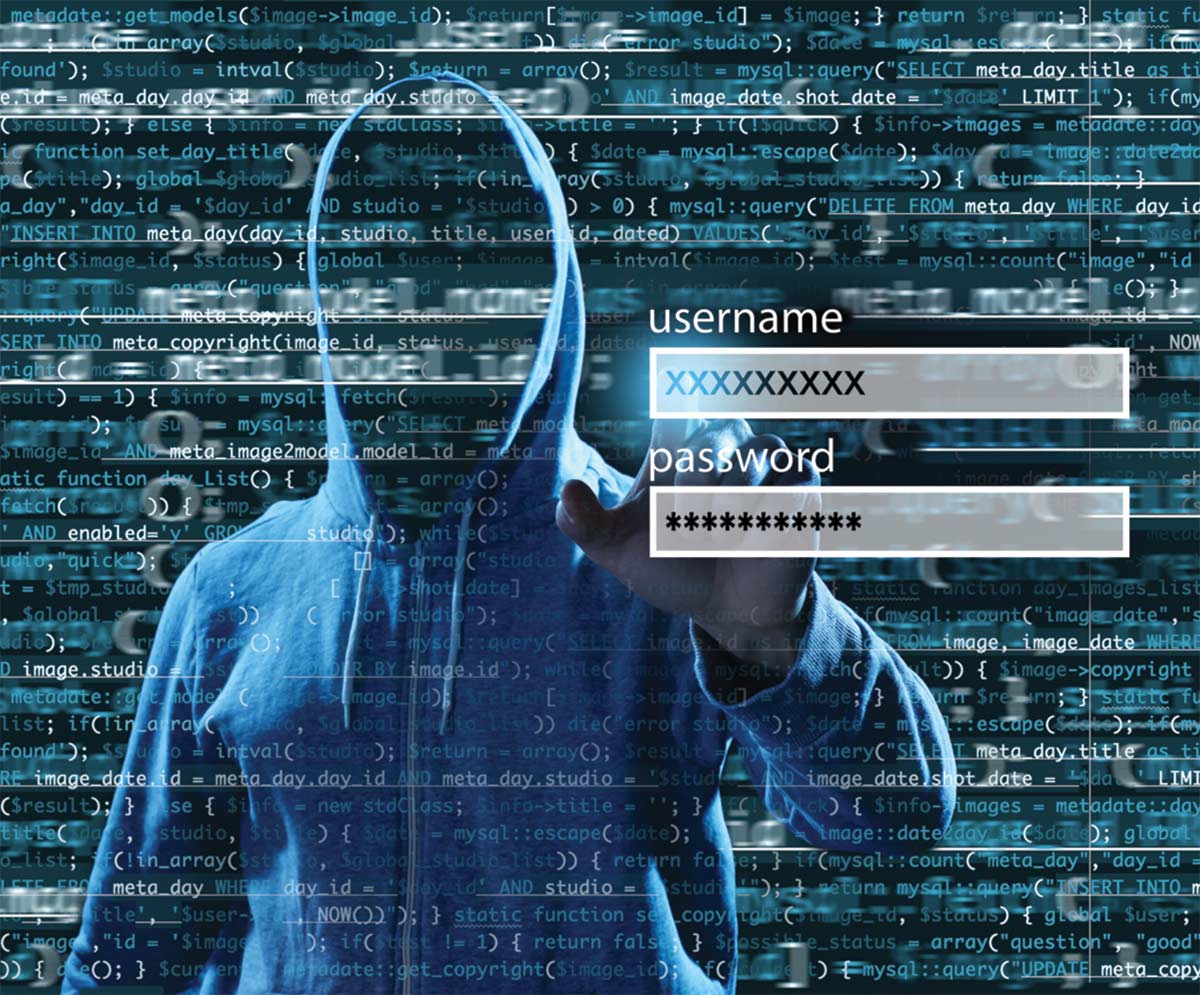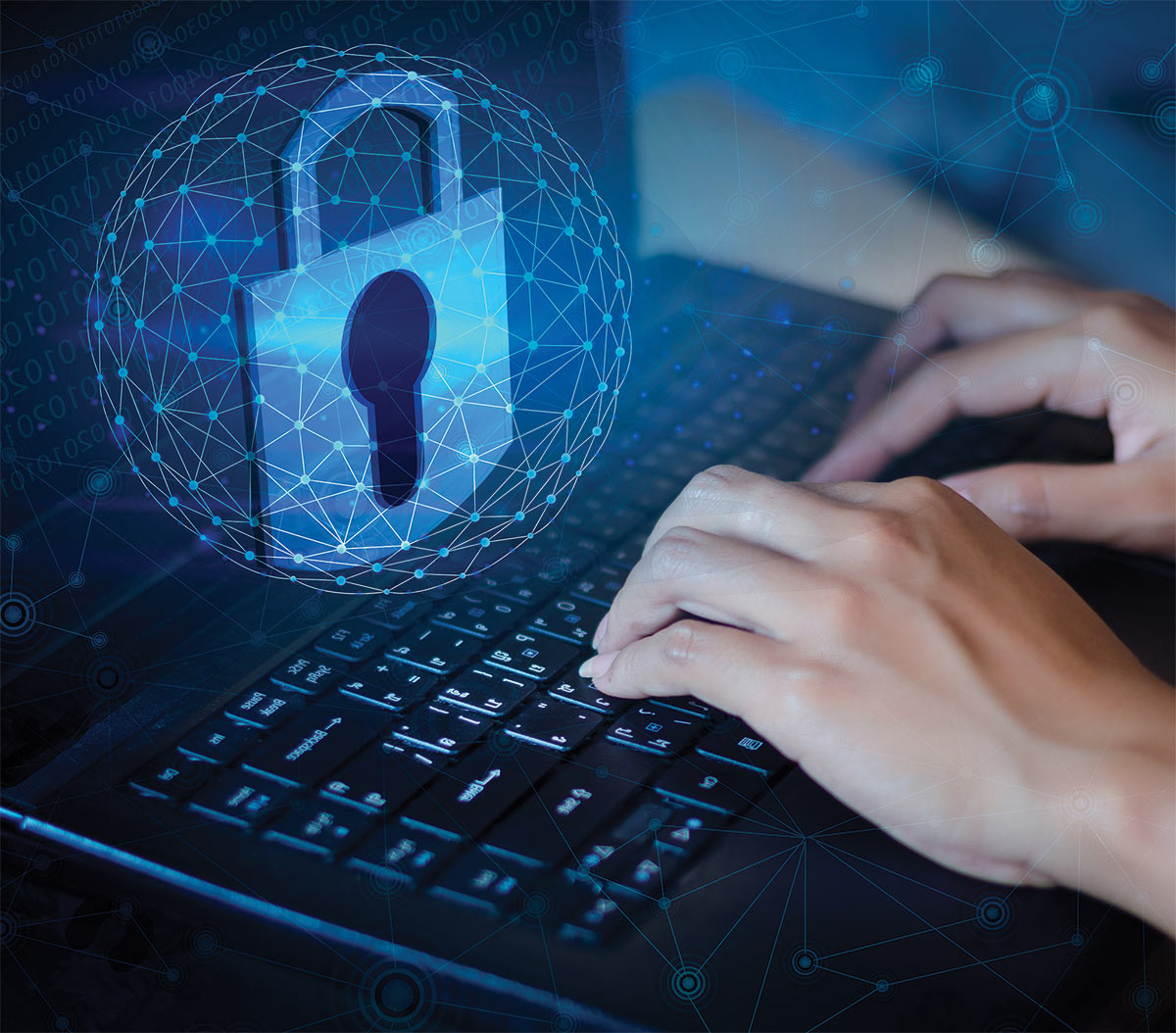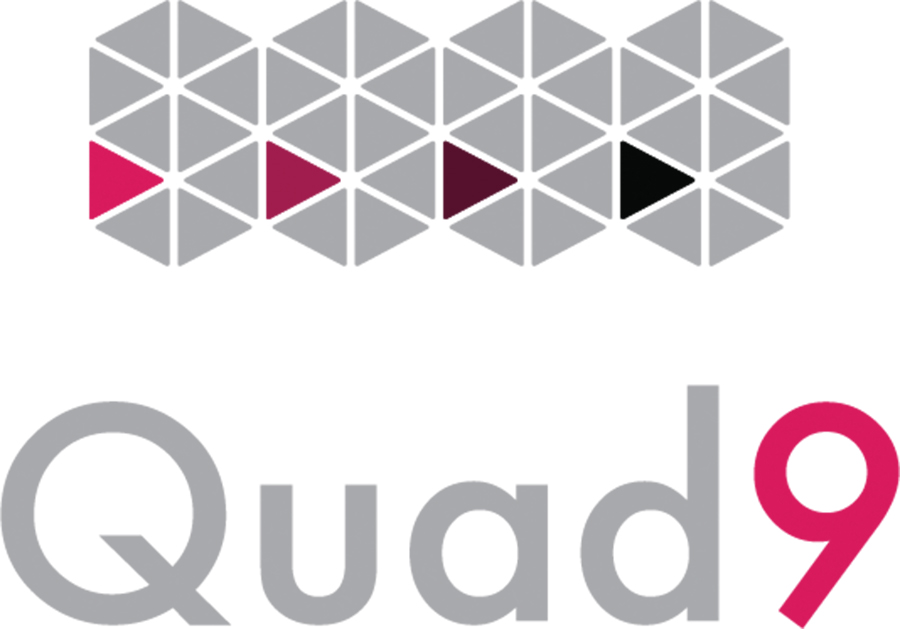global cyber alliance (GCA)
branded story

n its latest Global Risks Report, the World Economic Forum includes cyber-attack as one of the biggest threats facing our world in 2019. Some studies estimate that cybercrime costs the global economy as much as $600 billion1. The issues have never been more complex and the need for action more critical.
The Global Cyber Alliance (GCA), a nonprofit organization, is working to address these issues. Founded by the Manhattan District Attorney’s Office, the City of London Police and the Center for Internet Security, GCA is dedicated to eradicating cyber risk and improving our connected world by bringing free cybersecurity solutions to the world.
GCA’s initial efforts have been focused on reducing the risk of phishing as it remains one of the biggest risks – from delivery of malware and ransomware to the gathering of sensitive data to commit fraud. In fact, multiple studies show that over 90% of breaches begin with an email. GCA has developed a platform to enable easier implementation of an existing email authentication protocol known as DMARC and has built a global service known as Quad9 that prevents access to known malicious websites. Most recently, GCA has set its sites on making these and other tools more accessible to small and medium-sized business.

- Small businesses account for 99% of businesses globally including businesses in the EU, UK and US.
- Small businesses account for, on average, about 70% of jobs.
- Small businesses generate more than half the of the value added by most economies.
Small businesses remain some of the most vulnerable to cyber-attack, because they often don’t have the resources or knowledge needed to protect themselves. Yet, small businesses are part of the supply chain for government and enterprise, they provide critical services, and provide the vast majority of jobs. The potential for harm doesn’t just stop with a business that has had a cyber event. Small businesses need operational tools and guidance that can can be implemented with relative ease to reduce their risk. Resourcing small businesses with tools to reduce their cyber risk strengthens their individual businesses and helps to reduce the third-party and supply-chain risk for larger companies and governments.
To this end GCA, in collaboration with our partners, developed the GCA Cybersecurity Toolkit for Small Business, a free, operational resource that small businesses can use to significantly reduce their cyber risk. The GCA Cybersecurity Toolkit for Small Business, sponsored by Mastercard, is aligned with the leading cybersecurity recommendations from the Center for Internet Security Controls (CIS), the United Kingdom’s National Cyber Security Centre (NCSC), and the Australian Cyber Security Centre (ACSC). All of the tools included in the toolkit are free and have been tested and evaluated by a team of cybersecurity experts to ensure they work and can be used by those who are not technical experts.
The first version of the toolkit features more than two-dozen tools and resources that help small businesses implement best practices in the following categories:
- Know What You Have (inventory of devices and applications)
- Update Your Defenses (updates, patches and vulnerability management)
- Beyond Simple Passwords (passwords and two-factor authentication)
- Prevent Phishing and Viruses (DNS security, anti-virus and ad blockers)
- Protect Your Brand (email authentication and brand monitoring)
- Defend Against Ransomware (create backups)
Entities can follow step-by-step guidance found in the toolboxes, and users can rate the tools and provide other input that will inform future development of the toolkit to ensure it continues to meet SMBs needs.


GCA discovered, however, that despite the tremendous benefits of DMARC, there was not broad adoption by government and the private sector. We addressed this issue in two ways: 1) Creating an online tool to walk people through the implementation process supported by a library of education resources; and 2) Evangelizing DMARC to the world and encouraging broad adoption. The GCA DMARC Setup Guide, available at dmarc.globalcyberalliance.org is available in 18 languages and has been used by thousands.


Investment in cybersecurity is smart business. Whatever your status – whether a large corporation, government entity, non-governmental organization – chances are your stakeholders are small businesses. They may be your vendors, clients or partners. Improving your partners’ security will reduce your risk, cut your costs, and contribute to strengthening the security of our global economy.
- https://www.mcafee.com/enterprise/en-us/solutions/lp/economics-cybercrime.html
- Verizon 2018 Data Breach Investigations Report
- https://www.oecd.org/mcm/documents/C-MIN-2017-8-EN.pdf